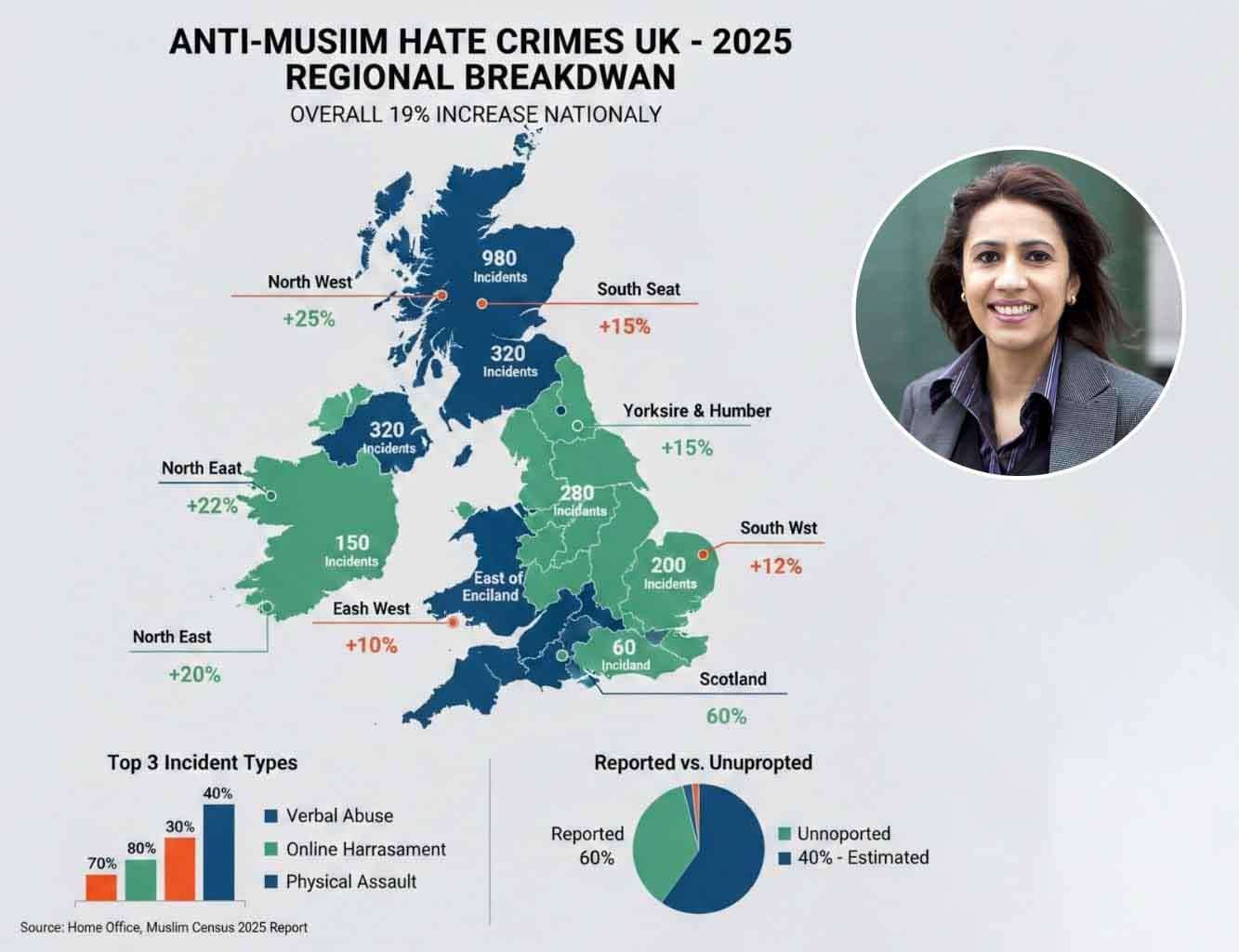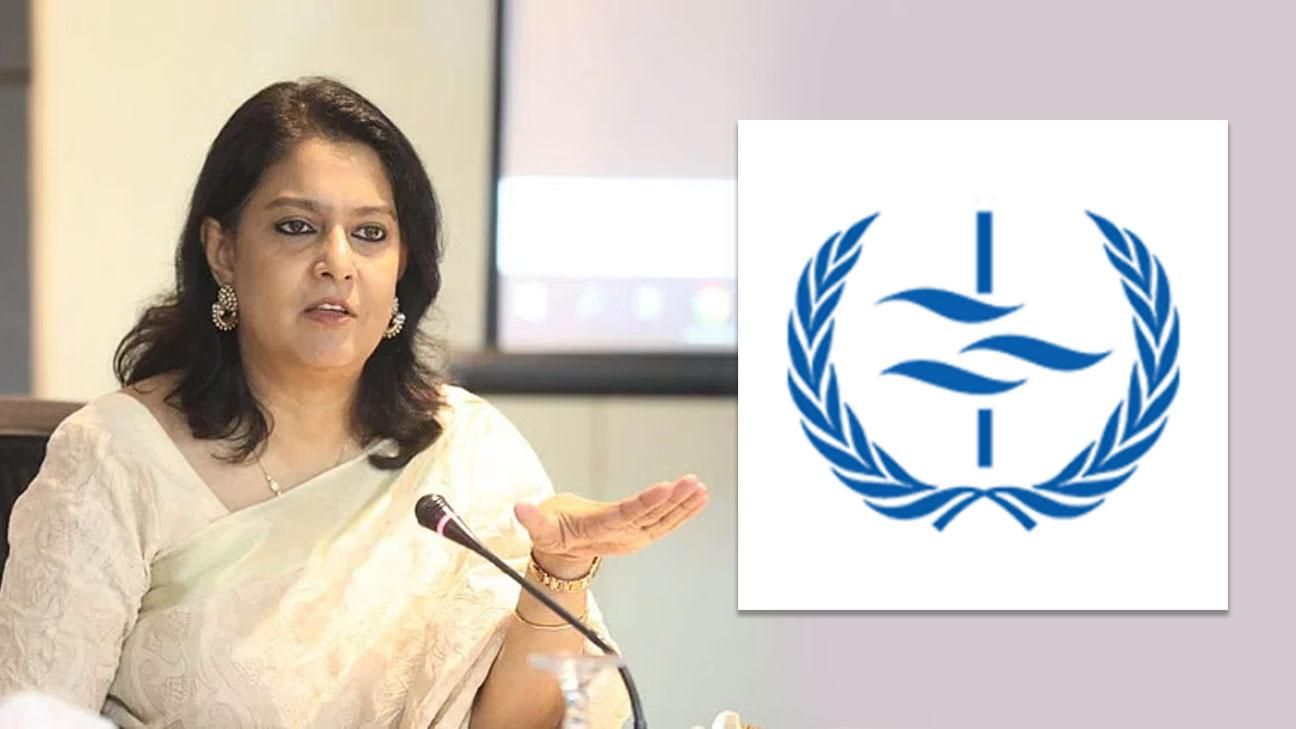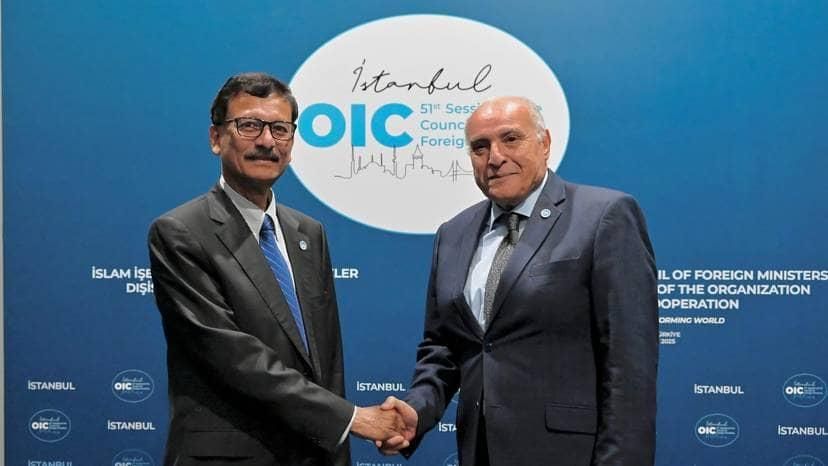On June 20, Bangladesh officially joined the United Nations Convention on the Protection and Use of Transboundary Watercourses and International Lakes (UN Water Convention), becoming the first country in South Asia and the 56th globally to do so.
Speaking on the occasion, Syeda Rizwana Hasan, Adviser to the interim Government on Environment, Forest, Climate Change, and Water Resources, called it a historic step for Bangladesh. “With climate change, population growth, and increasing water demands, transboundary cooperation has become more crucial than ever,” she said.
The convention is expected to support Bangladesh in developing inclusive and effective water governance policies. As a deltaic country, Bangladesh relies heavily on transboundary rivers, including the Ganges-Brahmaputra-Meghna (GBM) basin, which encompasses 57 shared rivers. Sustainable and cooperative management of these rivers is essential for water security, environmental stability, and regional peace.
Rising sea levels, saltwater intrusion, and the lack of safe sanitation for over 65 million people underscore the urgent need for responsible water management.
The UN Water Convention provides a comprehensive legal and institutional framework for managing shared surface and groundwater resources. Bangladesh has actively engaged with the convention since 2012 and participated in its 10th meeting in Slovenia in 2024.
UN Secretary-General António Guterres has called on all member states to join and implement the convention.
Bangladesh already has several bilateral frameworks in place, including the Bangladesh-India Joint Rivers Commission and the Ganges Water Sharing Treaty, as well as cooperative dialogues with Nepal, China, and Bhutan.
UNECE Executive Secretary Tatiana Molcean praised Bangladesh’s accession, calling it a significant advancement for South Asia amid growing climate pressures. Sonia Koeppl, Secretary of the UN Water Convention, also congratulated Bangladesh and urged other South Asian countries to join. She assured full UN support for implementation, especially in the lead-up to the next UN Water Conference, to be held in the UAE from December 2–4, 2026.








.svg)

